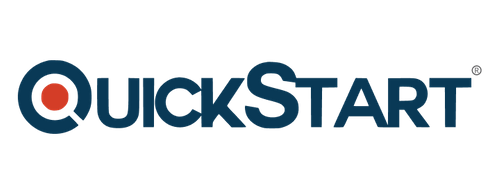Applied Python for Data Science (TTPS4870)
Course Features
Duration
5 days
Delivery Method
Online
Available on
Lifetime Access
Accessibility
Desktop, Laptop
Language
English
Subtitles
English
Level
Intermediate
Teaching Type
Self Paced
Course Description
Course Overview
International Faculty
Post Course Interactions
Instructor-Moderated Discussions
Skills You Will Gain
Prerequisites/Requirements
Students should be comfortable working with files and folders, and should not be afraid of the command line
Basic programming experience would be helpful
What You Will Learn
Create and run basic programs
Design and code modules and classes
Implement and run unit tests
Use benchmarks and profiling to speed up programs
Process XML and JSON
Manipulate arrays with numpy
Get a grasp of the diversity of subpackages that make up scipy
Use iPython notebooks for ad hoc calculations, plots, and what-if?
Manipulate images with PIL
Solve equations with sympy
Get introduced to advanced data science with Python including SciKit-Learn and PySpark
Target Students
While there are no specific programming prerequisites, basic programming experience would be helpful
